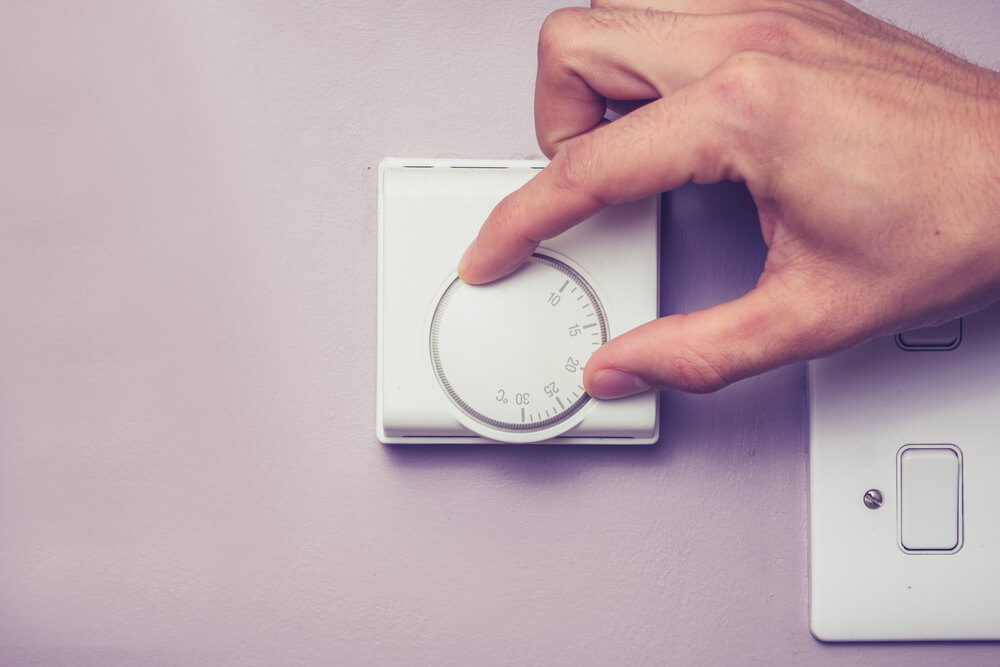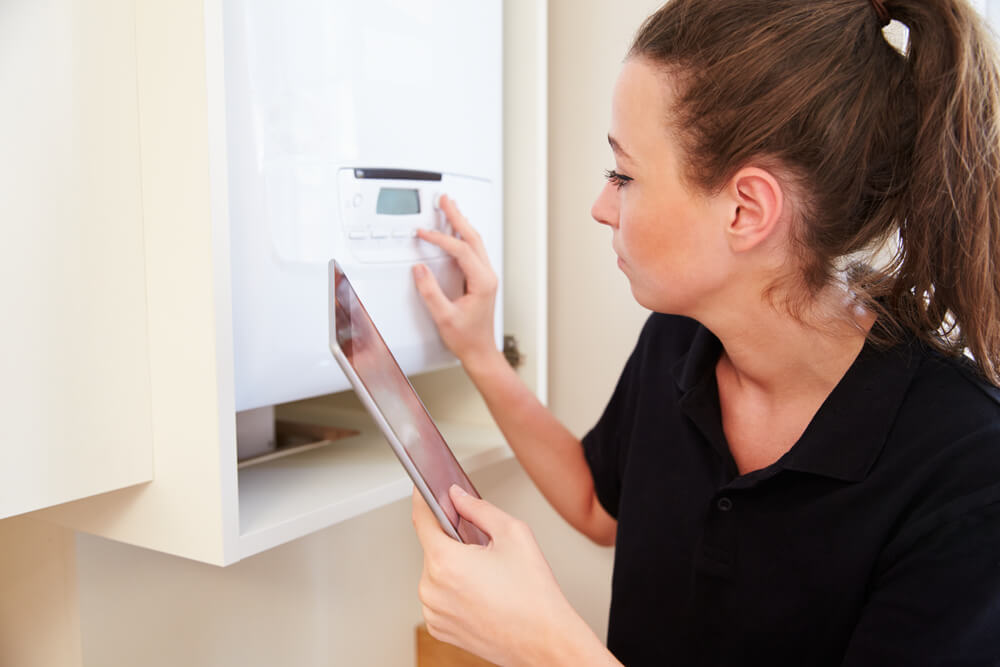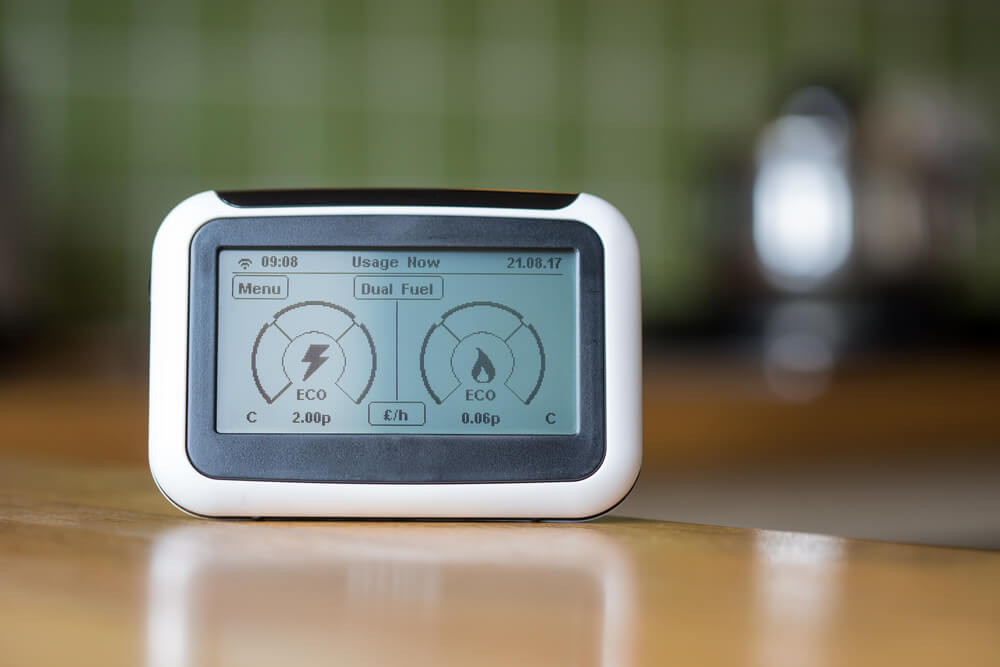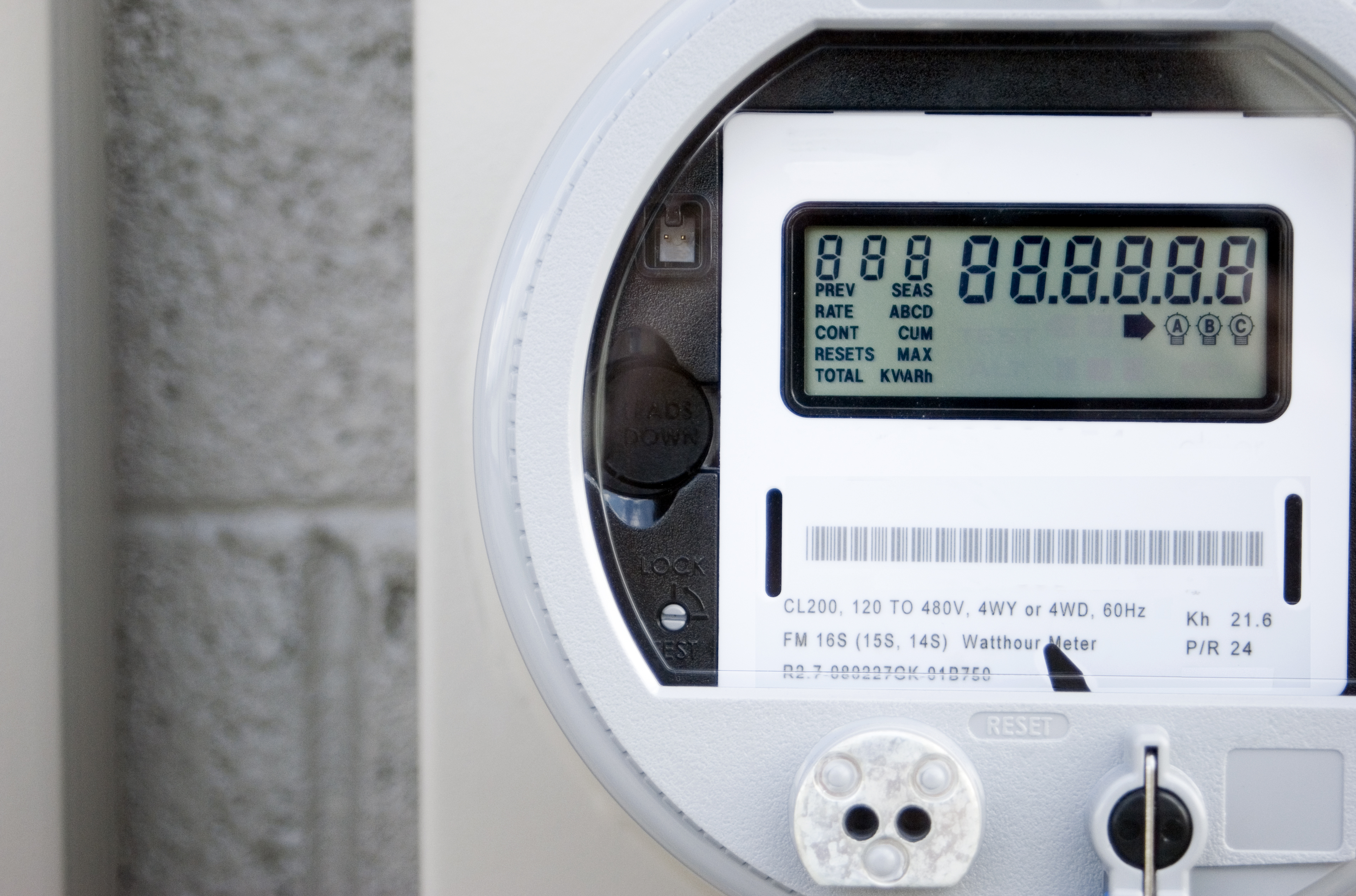A quick internet search can come up with countless energy saving tips for your household. Most of these tips will be effective and without a doubt, the majority of them should be adopted where possible. To save you time, and energy, we have collated our top 8 energy saving tips that work and will benefit your home and your wallet.
1 - Insulate & Draught-proof Your Home
Insulating your home will greatly reduce heat-loss. As a result, you can reduce
your energy bills while keeping your home warm. Insulating and draught-proofing can be done in every area
of your house, from the loft to the garage.
Without insulation in your loft, flat roof or attic, your home can lose a quarter of its heat through the
roof. Therefore, adequate insulation in this area can save significant amounts of money over time.
The majority of homes built after 1990 will have insulation in the walls. Without this, your home can lose
a third of its heat directly through the walls. If you have an older home, make sure you know what type of
walls you have and insulate them properly.
When your home is draught-free it feels more comfortable - even at lower temperatures. Make sure you have
no gaps around windows and doors to keep cold air out and warm air in. Draught-proofing is a simple,
relatively cheap and very effective method of saving energy.
2 - Choose a Daily Shower Rather Than a Bath
There are many benefits to showering rather than bathing each day. Top of the list
is the fact that normal showers use between 30 - 80 litres of water. In contrast, a bath can use up to 200
litres! It takes a lot of energy to heat an additional 100 litres of water so the shower wins hands down.
Be careful with power showers though as they can use up to 150 litres of water in ten minutes. If you have a
power shower installed, you can reduce the pressure to use less water and save money.
3 - Wash at 30 Degrees
Current detergents work so well at lower temperatures which means that there is no need to wash at 40 or 60 except in extreme cases. Reducing the temperature on your washing machine not only saves money, it is kinder to the environment. Lower temperatures reduce CO2 emissions from your machine so it's definitely a win-win!
4 - Only Heat Rooms That You Use
Having Thermostatic Radiator Valves (TRVs) fitted is a great way to ensure you only use as much energy as you need. There is a lot of debate around heating the whole house or heating one room at a time. TRVs give you the option to keep a consistent background temperature whilst using the individual controls to increase the temperature when you need to.
5 - Turn Your Thermostat Down
Sounds obvious, right? Turning your thermostat down by just 1 degree could save you
£80 a year. Furthermore, that 1 degree reduction could also save 320kg of CO2 emissions.
Independent experts at The Energy Saving Trust recommend heating your home to an average of 18 degrees Celsius. In
contrast, most UK thermostats are set to at least 20 degrees Celsius. The difference of 2 degrees could be
costing you £160 a year and 640kgs of CO2 emissions.
6 - Buy Efficient Appliances
It's never a good idea to throw out a good, working appliance. However, if one of
yours needs replacing, it is definitely recommended that you look for the most energy efficient replacement.
New fridges, freezers, washing machines or dishwashers all come with energy labels. These labels give you an
energy rating from G (least efficient) to A+++ (most efficient). The labels also includes criteria like annual
energy or water consumption. Understanding the energy labels will help you make an informed choice and
show you how much money you could save.
7 - Use Energy Saving Light Bulbs
According to The Energy Saving Trust, lighting accounts for 15% of the electricity
bill for the average UK household. Choosing the most efficient light bulbs, for both inside and outside,
will make a difference to your annual bills.
The most efficient type of bulb on the market is the Light Emitting Diode or LED. It is estimated that LEDs
use 85% less energy than incandescent bulbs. You can buy LEDs in a variety of colours along with differing
degrees of brightness - even different colour temperatures! Choosing 'warm' white instead of 'cool' white
can make all the difference to a room.
The efficiency of a light bulb is measured in lumens. This means how much light you get for each watt of
electricity used.
LED bulbs may be more expensive than halogen to purchase. However, running costs are significantly
lower and with an average lifespan of 20 - 25 years, the LEDs are clear winners in the longer term.
Switching one halogen bulb to and LED could save you £80 over the course of it's lifetime so they are
definitely worth the initial outlay.
LED bulbs are now widely available in a variety of fittings and are no longer the specialist option
they were a few years ago. In fact, since 2015, IKEA now only sell LED bulbs worldwide.
8 - Install a Smart Meter
Smart meters are gradually replacing standard gas and electricity meters in
UK homes. They are made up of two parts - the first part is the actual meter which automatically sends
accurate details of your energy consumption to your provider. The second part is a visual display
within your home.
Being able to see how much energy you are using at any given time helps householders identify where they
can make changes and adjust their habits to save money.
Switching to a Smart Meter will not cost you anything, your energy supplier will install it for you and
you can start enjoying more control over your bills.




